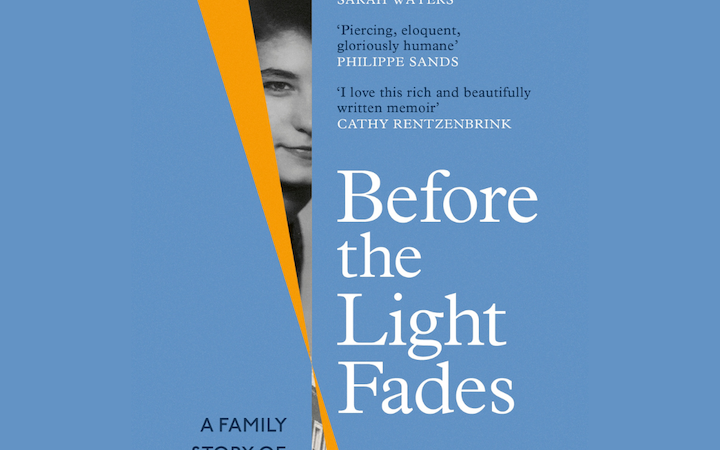
Before the Light Fades
Natasha Walter discusses her memoir of her mother's life of resistance.

Natasha Walter discusses her memoir of her mother's life of resistance.
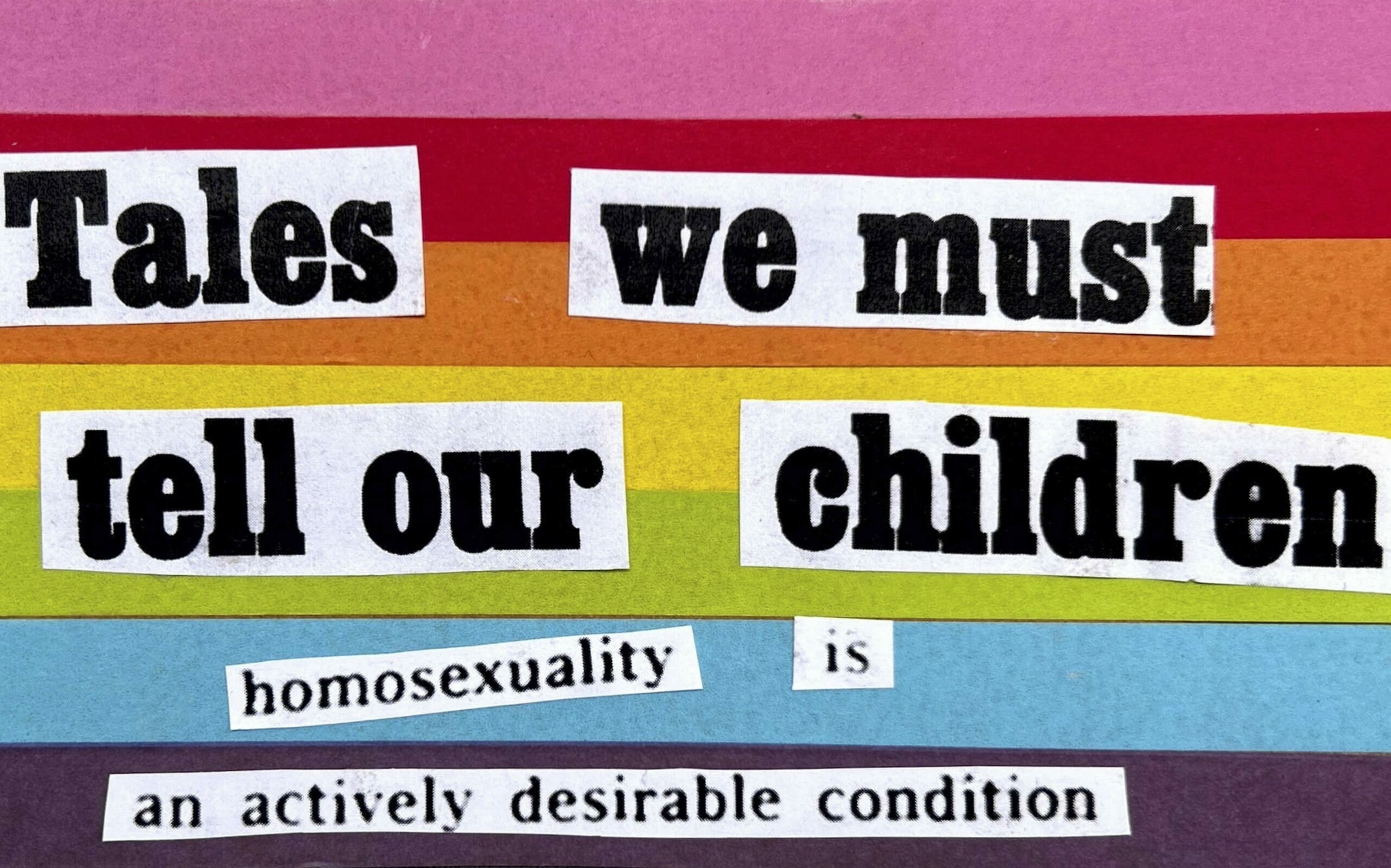
How can oral history interviews between different generations of LGBTQ+ people aid our understanding of the ongoing impact of Section 28?
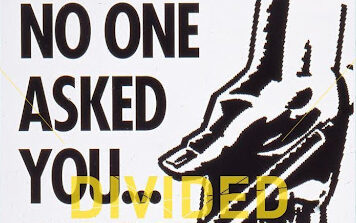
How did citizens' assemblies and 'people power' contribute to the Northern Irish peace process? Chris Caden explores
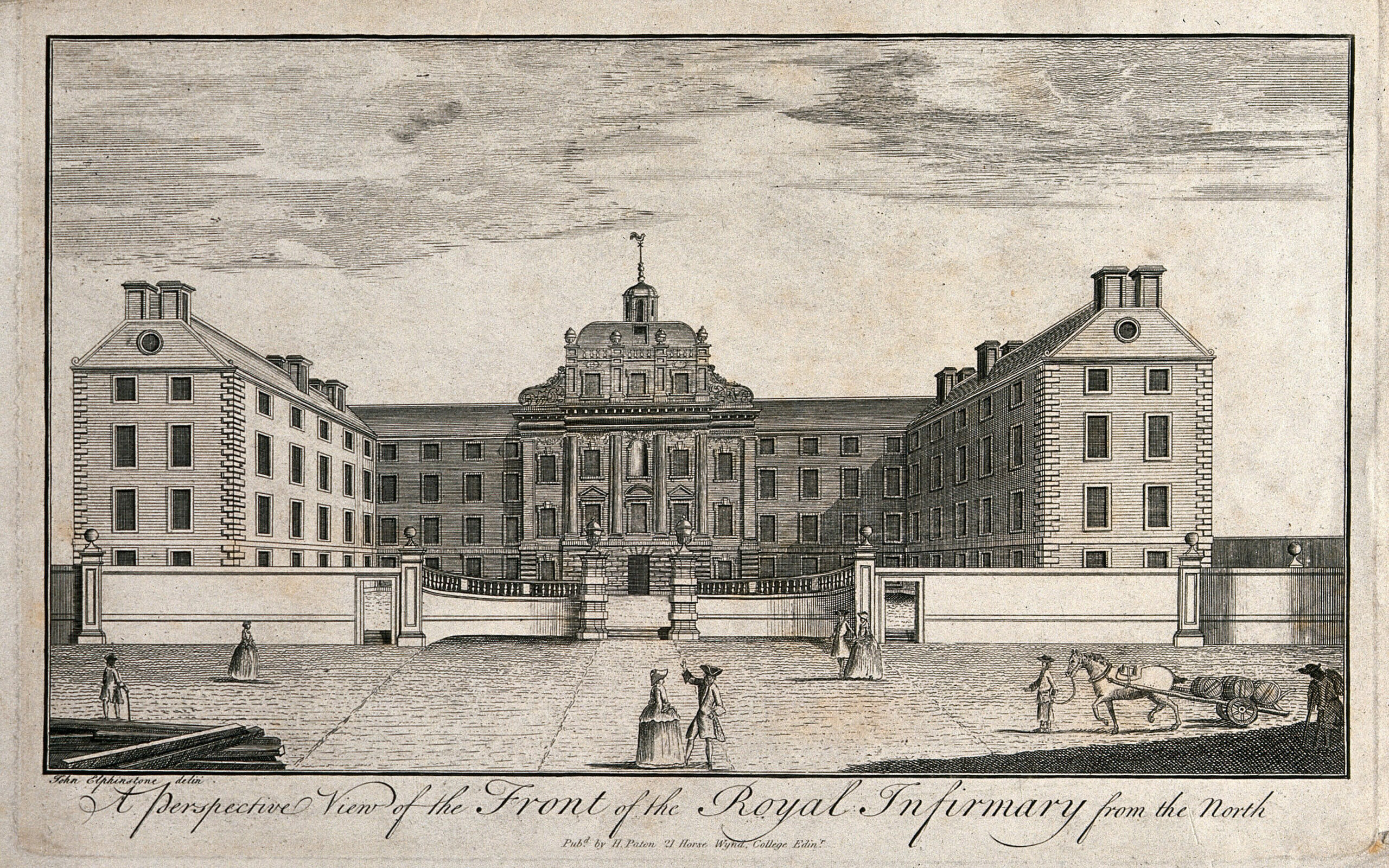
Rachael Scally draws out the legacies of slavery of the Royal Infirmary of Edinburgh, and what it means for the decolonisation of Scotland's healthcare institutions.
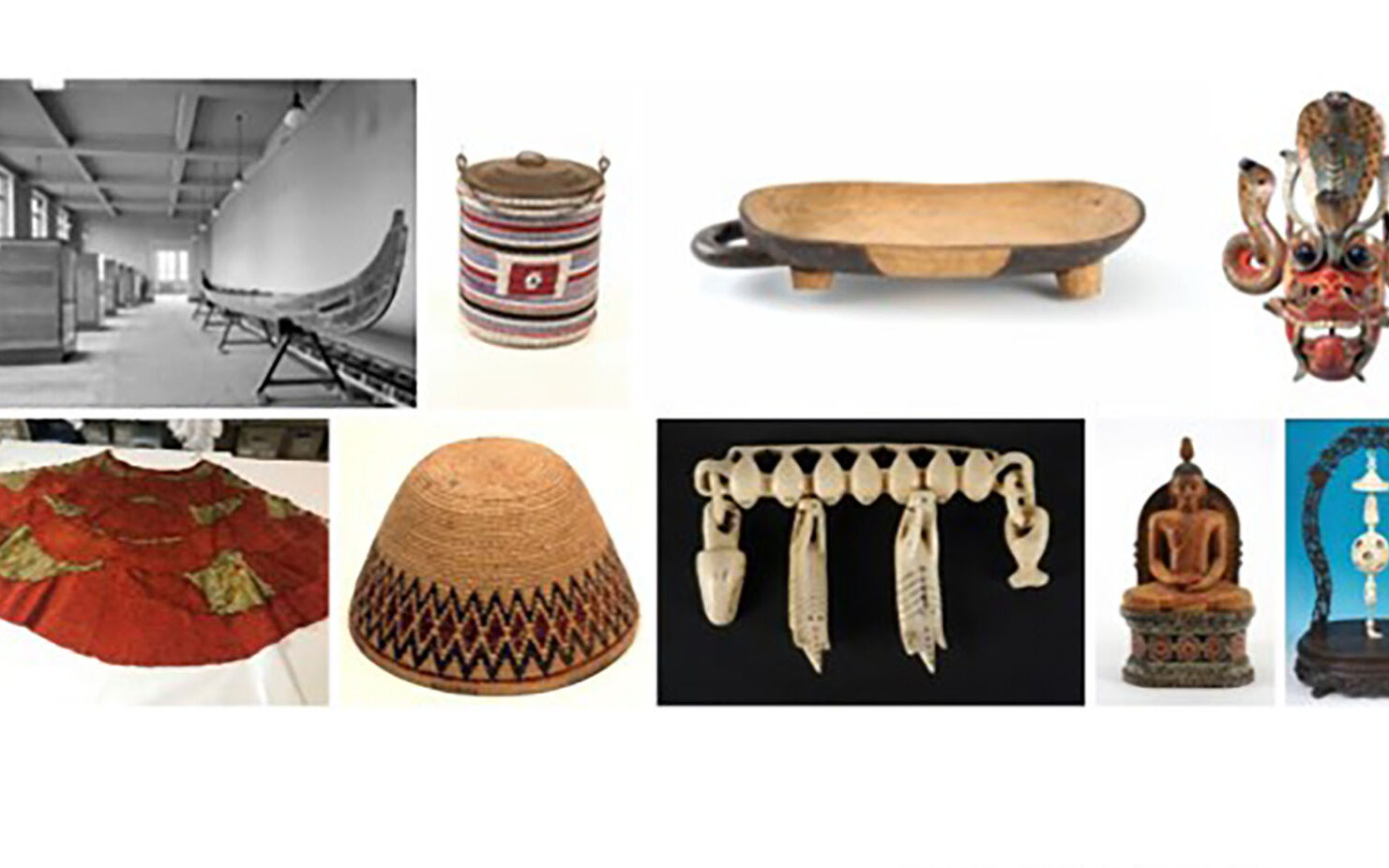
How can objects in Northern Irish museum collections spur conversations about Northern Ireland’s complex relationships with global histories of colonialism and imperialism? Briony Widdis explores.

Read the latest issue – interviews with the New Left, and articles on archives, museums and colonial histories
Read Article "HWJ 96"
This Virtual Special Issue curates History Workshop’s contribution to refugee studies - with a new introduction and 20 articles, free access for six months.
Read Article "Refugees"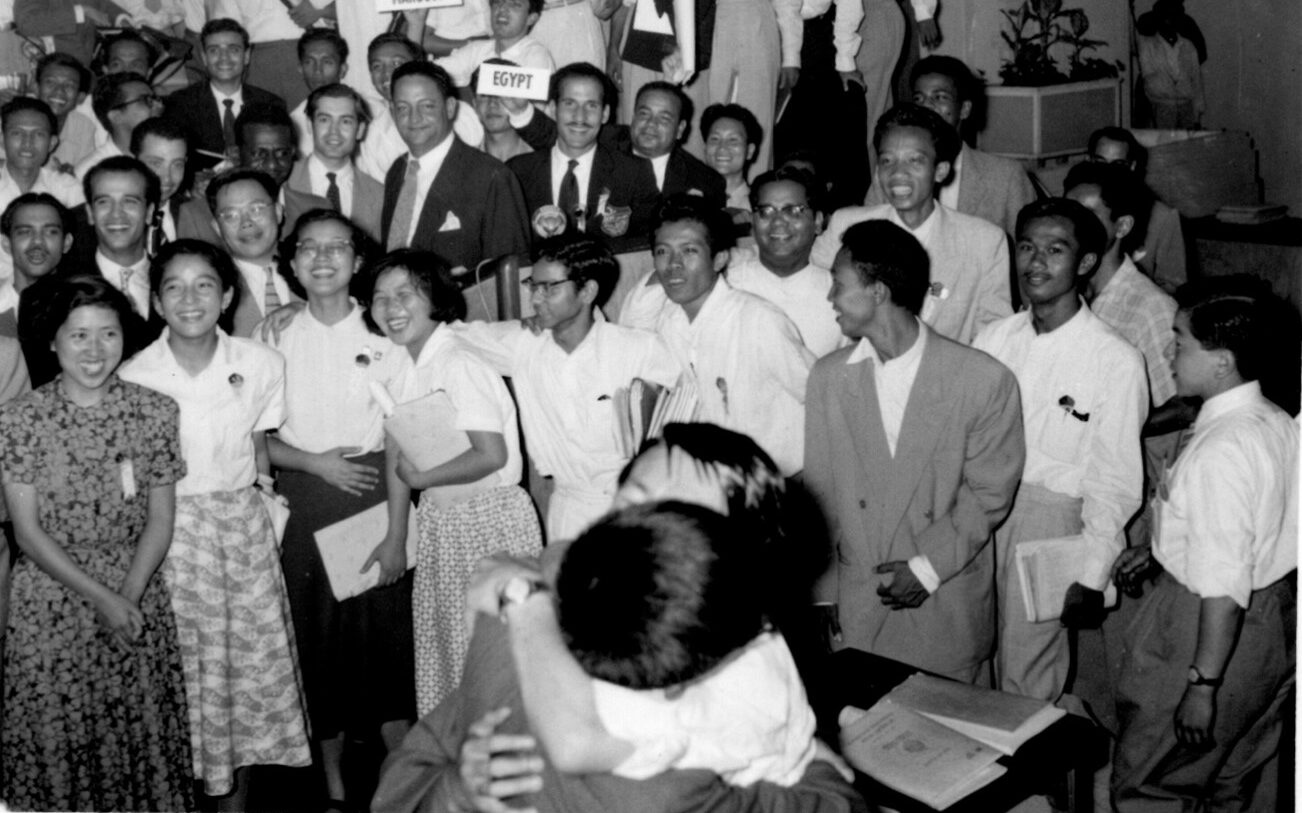
What did decolonisation mean to students in the Afro-Asian solidarity movement? Wildan Sena Utama explores the contributions and contentions of the conference that brought them together.
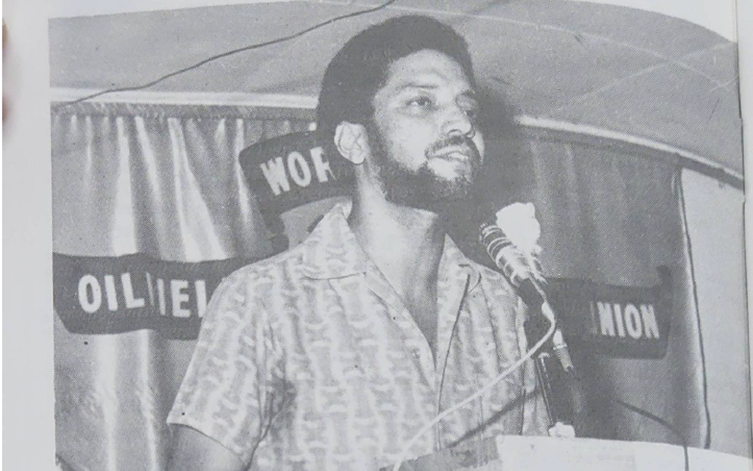
How can workers fight exploitation in a globalised world? What could be learnt from the anti-imperialism of Trinidad & Tobago's oldest trade union?
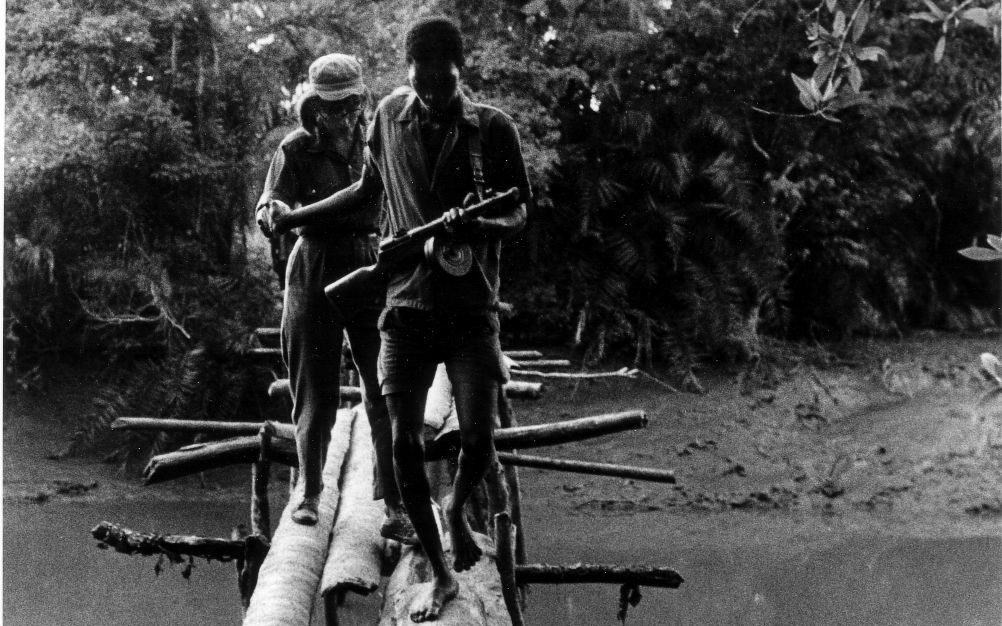
What might the trip of Birgitta Dahl to the meet Amílcar Cabral and the PAIGC liberation movement reveal about the motivations of transnational solidarity in the era of decolonisation?
Listen to our latest episodes on:
Soundcloud,
Apple Podcasts,
Stitcher or
Spotify

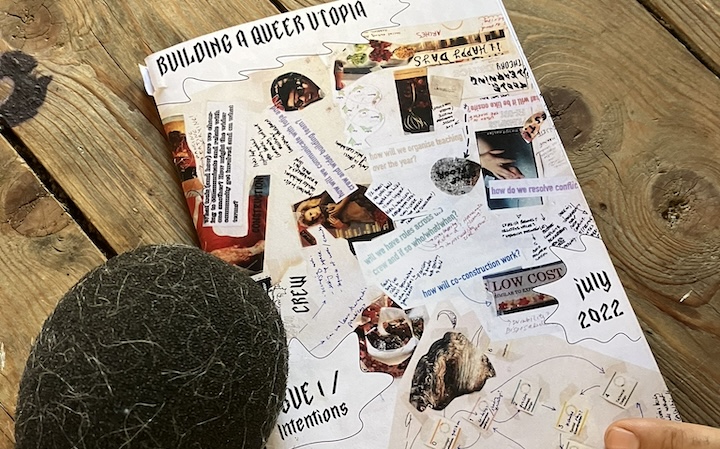
Insights into today’s world via a deep dive into our archives.
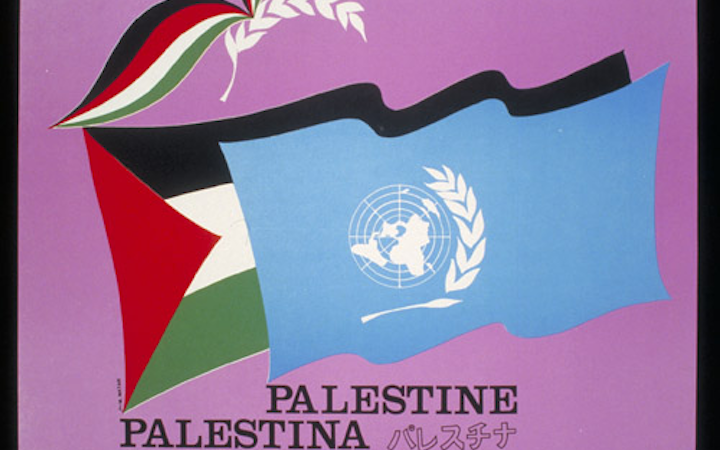
In 1977, the UN established the International Day of Solidarity with the Palestinian People. How was the struggle for national self-determination supported by global solidarity, anticolonial movements, and international institutions?
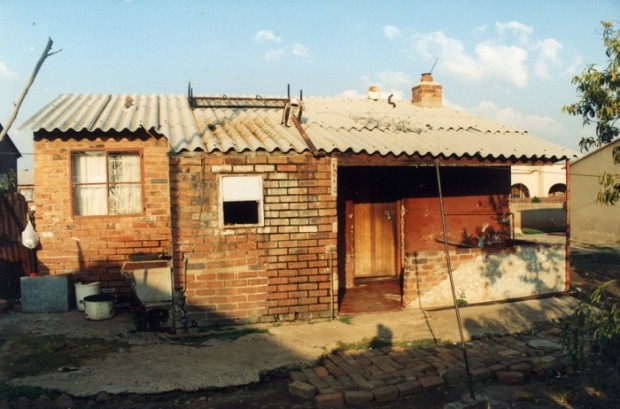
John Marnell on MaThoko’s old post box, which played an important role as a key communication node for the nascent LGBT movement in South Africa during the 1980s and 1990s.

Footballers' Wives and Girlfriends exploded into British pop culture at the turn of the millennium, but what does the WAG tell us about feminism, football and pre-credit crunch Britain? Grace Whorrall-Campbell explores.
Whether letters, food or ephemera, material objects have acted as radical agents in history. Here, historians, archivists and activists unpack stories of solidarity and everyday lives.
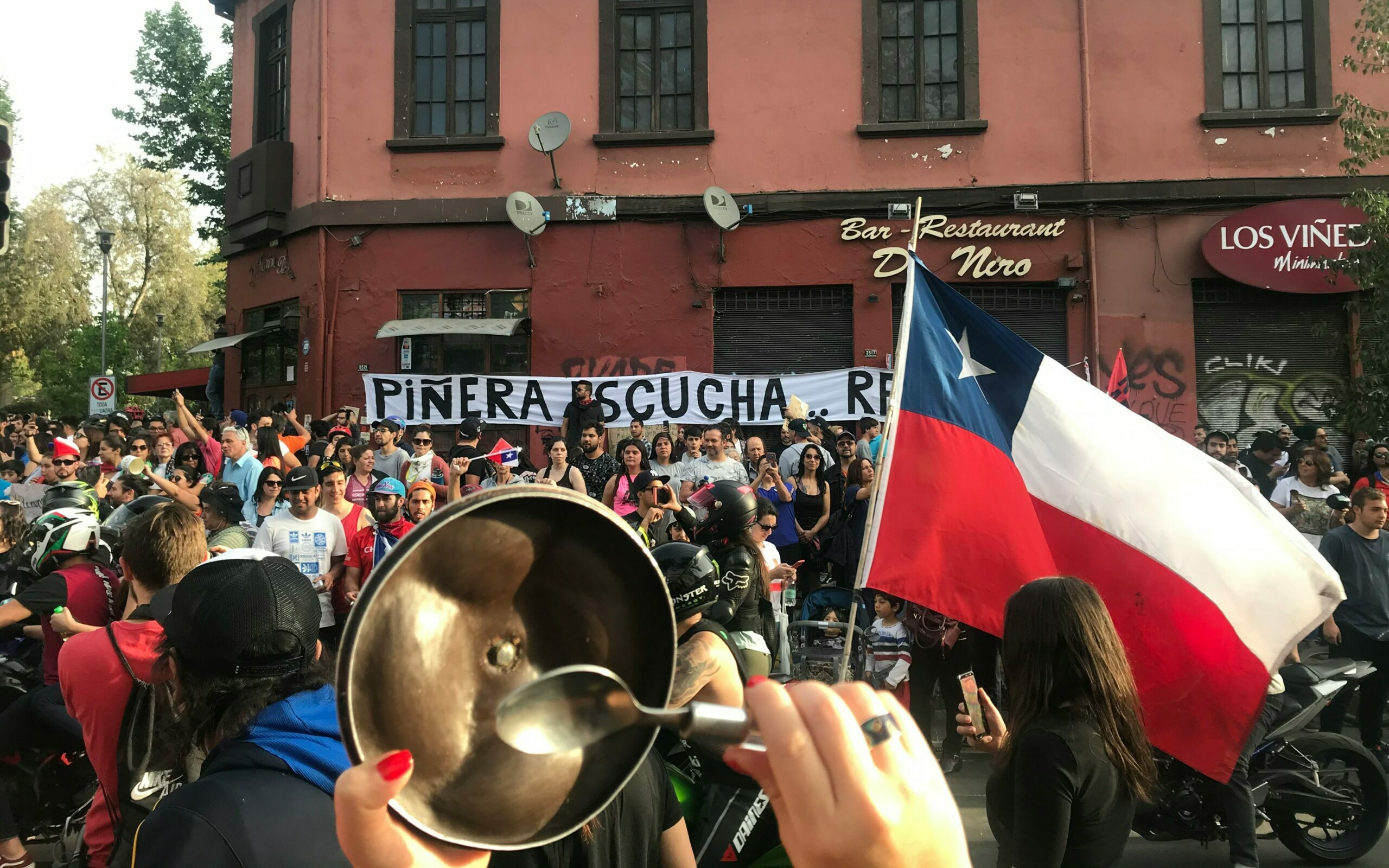
Matthew Kerry explores how the humble pot and pan have become powerful tools for protestors.
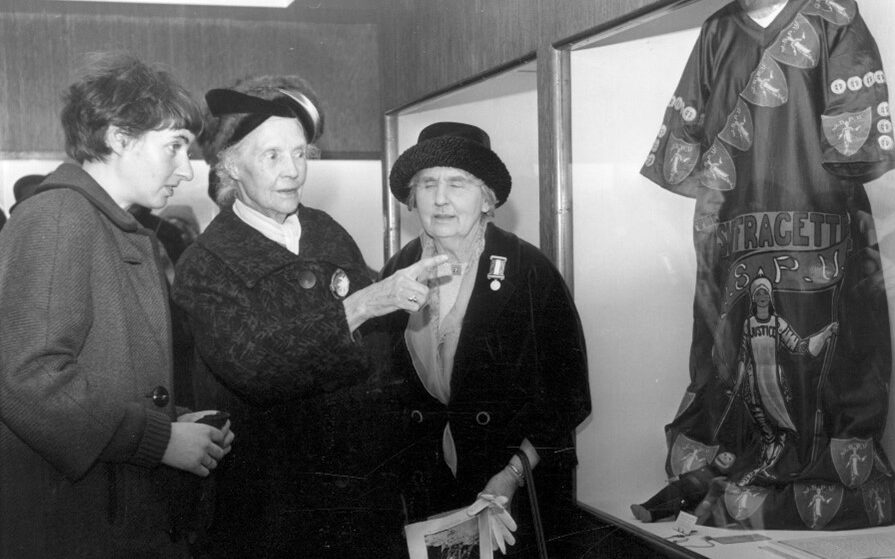
What can the dress of a suffragette tell us about radical feminist politics and fashion during the early twentieth century? Sophia Lambert explores.
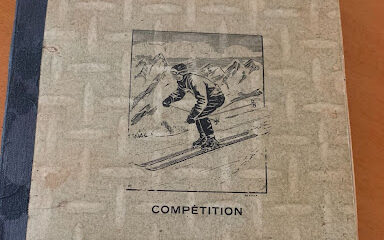
Previously untranslated Che Guevara notebook sheds fresh light on the Cuban-African relation and the life of the famed revolutionary.